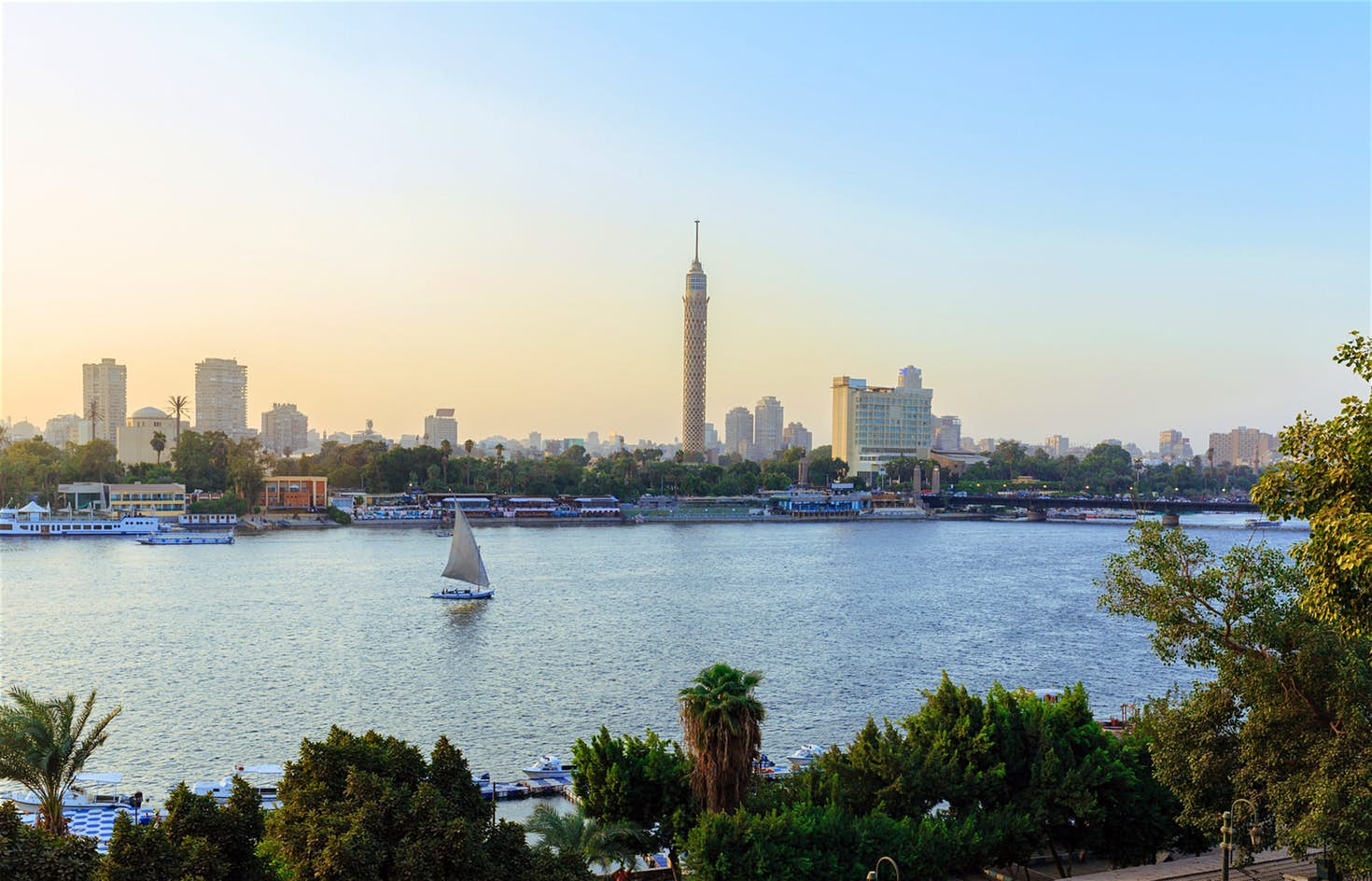Things are looking up and the country is ready to overcome its past challenges, says OMD’s Wissam Najjar
What Egypt has experienced in the past 18 months is nothing less than an epic rollercoaster ride. After the decision to devalue the Egyptian pound by almost half and float it in November 2016, the country’s economy went down a vertical drop. Inflation, unemployment, public debt, prices, sales and every other indicator took a turn for the worse. Fast-track to 2018, and things are looking up again.
The float was a shock but it turned out to be a form of therapy. Several international institutions estimate that the country will end this year with a 5 per cent growth in real GDP. Consumer confidence is rising, with the latest Nielsen survey reporting a six-point increase in the fourth quarter of 2017 on the previous quarter, reaching an index of 84. That’s a massive 20-point increase on the same period in 2016. Consumers were particularly positive about their job prospects and the state of their personal finances in the next 12 months. Possibly of even greater interest to brands, there was a three percentage point increase to 29 per cent for immediate purchasing intentions between the last two quarters of 2017.
Advertisers are picking up on the return to stability and sensing the optimism. Monitoring sources put the increase between Q1 2017 and the same period this year at 29 per cent, with investments on TV growing even faster at 34 per cent. The net increase is more likely to be half that, but in 2018-19 we should have advertising investments growing by 15 to 20 per cent. In fact, Egypt will most probably see the fastest, if not the only, increase in investments in the region this year.
We shouldn’t let all these positive indicators blind us to a more contrasted reality, though. There are still challenges ahead but Egypt’s legendary resilience and entrepreneurialism will prevail.
Made in Egypt
As a result of the new exchange rate and tax regime, many multinationals have opted to produce or source suppliers locally. If Henkel and Danone already manufacture there, Mars and Unilever are switching to local packaging manufacturers, while PepsiCo is reducing its reliance on imported potatoes. Several international car manufacturers are also considering investing in plants in Egypt. Faced with the combined pressure of higher prices and lower subsidies on a number of essentials, Egyptian consumers altered their consumption behaviour and opted for budget or local alternatives to their usual brands. This is providing a welcome boost to the economy and helping local businesses grow. This is also having a positive impact on the advertising market.
Start-up mentality
Like elsewhere in the region, Egypt has dedicated a fair amount of energy, policy-making and resources to supporting smaller businesses in general and start-ups in particular. Be it with private sector initiatives or government-backed ones – such the launch of Egypt Ventures, an investment firm focused on empowering entrepreneurs, or the Sherketak accelerator program to further support start-ups in Egypt – the country is developing a true ecosystem. When Samsung acquires Kngine, an Egyptian AI startup, you know the environment can produce significant economic value. More has to be done to catch up with the UAE and Saudi in terms of scale, though.
To read the full analysis on the Egyptian market and what it means for advertising opportunities today, please visit Campaign ME and to find out more about OMD Egypt’s services, please click here.


